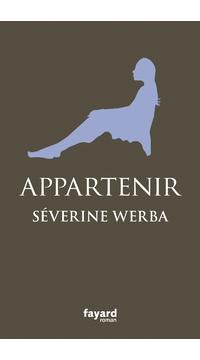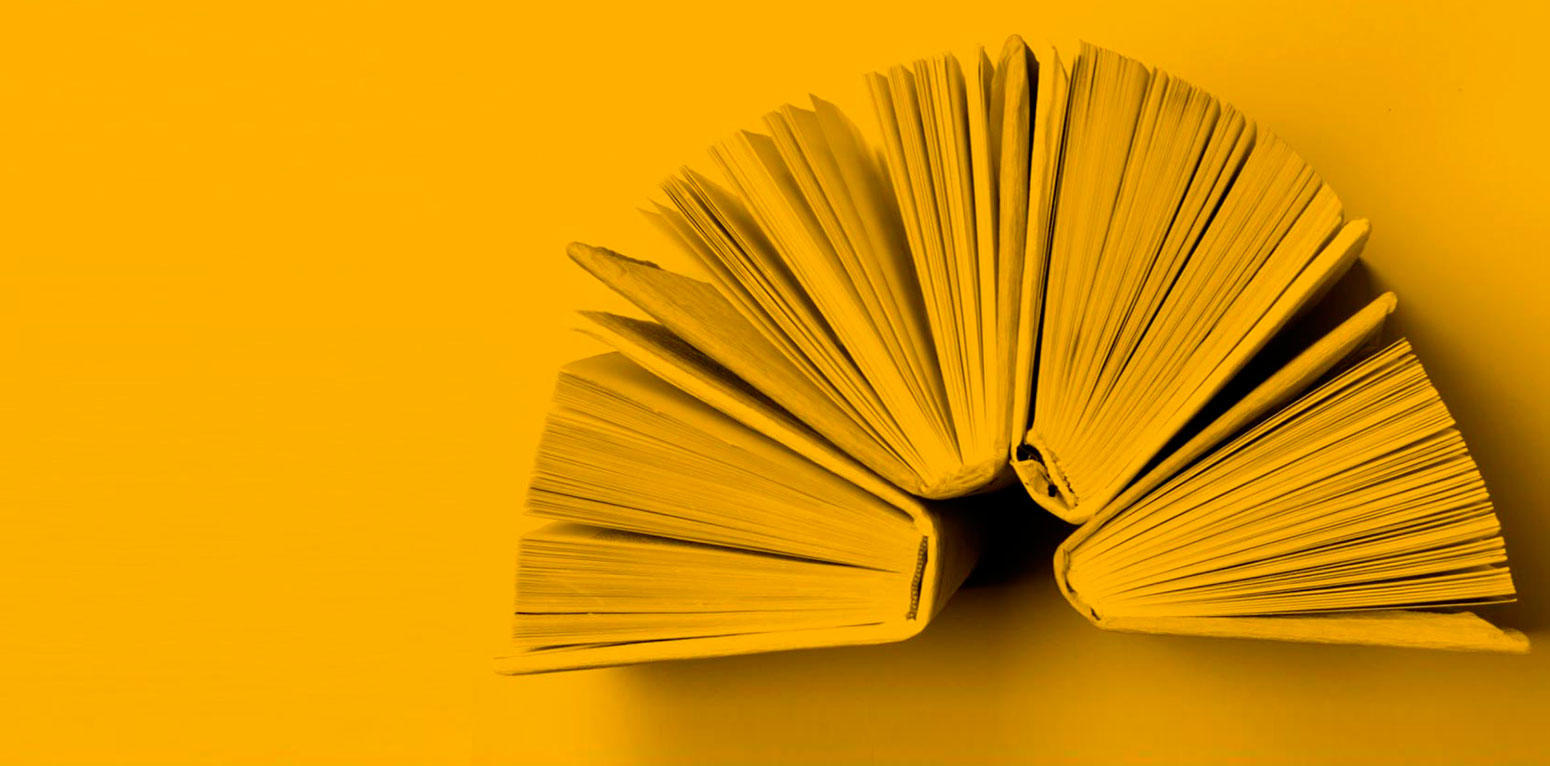
" Appartenir "
Novel
- Nominated for : The Discovery Grant 2016
« War, deportation and death of his fellows, Boris, the grandfather of the narrator, has never spoken. Around him each knew, but, in the flat of 30, rue de Leningrad, that everybody called« 30», the subject was never recalled. And then Boris died. The young woman lived a while in the 30, until the flat is sold, she was twenty years old, and she gave books up in a library in Russian and in Yiddish of her grandfather. Nobody spoke these languages in the family. It is only ten years later, at the time of becoming mother, only was obvious to her the need to fill this space up and to take back the family story where it had been interrupted. Less to reconstruct drama than to reinvent lives. Find the ancient popular streets of Paris where lived Rosa, the sister of Boris, with her daughter Lena, deported in 1942; see this distant village where from his grandfather had left for creating a future for which he hoped better; intend to cast this Ukraine river on which, child, he skied in the winter. Understand where they lived and were assassinated. Then she searches, questions, travels, crossing death in every step in her strange journey to bring these spectres back to life. It is an insane search, lost beforehand, but fundamental: that of a paradoxical identity which it is necessary to him to assert. »
- presentation of the editor
« This story is the history of a fixed idea, of a battle of every second to try to reconstruct existence erased by the Nazi monsters. So that they do not disappear. That they leave a trace, even insignificant, on a book, a plate gilt at the entrance of a small public garden, the memory of a small boy who will grow with his memory. Séverine Werba is the first one, nor the last, to start this obsessional search of its exterminated ancestors, but she has a way of devoting itself to it and especially of describing its progression, such a journalistic inquiry, with its rebounds and its doubts, who force to follow the story.»
- Alexandra Schwartzbrod, Libération, August 26th, 2015

